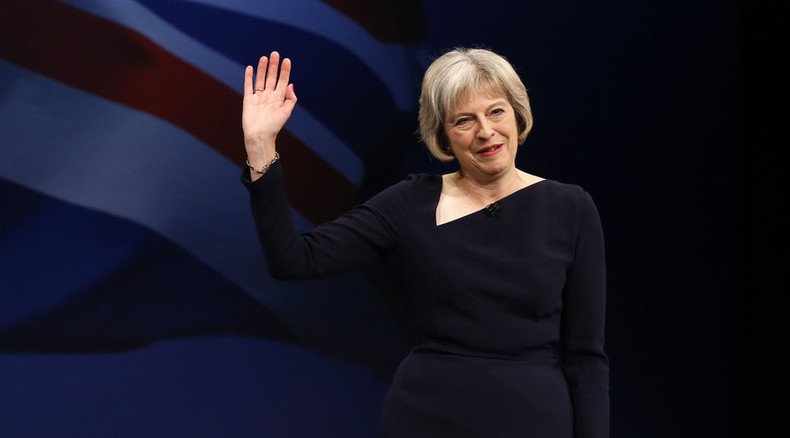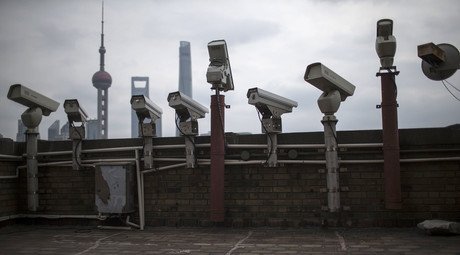‘Snooper’s Charter’ unveiled: Internet firms ordered to store browser history

Internet service providers will be able to store the details of every website visited by customers for a whole year, Home Secretary Theresa May announced Wednesday when she outlined new surveillance powers granted under the Investigatory Powers Bill.
However, she also unveiled new plans that give judges the power to veto ministers’ decisions to carry out intrusive surveillance operations – a concession to critics of the so-called snooper’s charter.
May told the House of Commons that the new measures are crucial for authorities trying to prevent murder, people trafficking, terrorism, online fraud and other crimes.
She also emphasized that the law will only amount to “updating existing powers, while strengthening oversight and transparency.”
May was quick to establish that the new bill is completely separate from the Communications Data Bill of 2012 which was blocked by the Liberal Democrats.
However, advocacy groups say the ability of internet firms to store such data is a gross invasion of privacy and a huge extension of pre-existing powers.
While internet companies will be required to store a list of websites visited, they will not keep a detailed history of web browsing, including clicks and pages visited. This power has been banned in the US, Canada, Australia and other European states.
The draft bill also gives spy agency GCHQ the power to hack computers across the globe and listen in on phone calls, monitor locations and even remotely operate cameras and microphones.
Around 10 top judges will be given the power to review thousands of national security warrants proposed by ministers, May announced.
The judges will be able to overrule any warrants signed off by the Home Secretary, Foreign Secretary and Northern Ireland Secretary. Last year the number of warrants signed by ministers reached 2,700.
The move to give judges extra powers is a clear concession by May, who says she wants to encourage transparency of surveillance powers after NSA whistleblower Edward Snowden’s revelations showed the extent of secret spying by the UK and US security agencies.
Speaking in the Commons, Shadow Home Secretary Andy Burnham said he welcomes May's new watered-down bill, saying it is important the British public understand that none of the measures introduced constitute "mass surveillance."
But former deputy prime minister and Liberal Democrat leader Nick Clegg said the new powers may contain many of the "flaws" of legislation blocked by his party in 2012.
His sentiment was echoed by former Tory leadership candidate David Davis, who said the concessions in the bill do not go far enough, adding that judges are unlikely to overrule a decision made by the Home Secretary.
The chair of the National Police Chiefs’ Council, Sara Thornton, told the BBC that the police force sees the powers laid out in the bill as necessary.
“Law enforcement needs access to communications data to protect the public and to investigate crime. We use communications data in day-to-day investigations. This is about what ordinary detectives do; they make the vast majority of applications for communications data,” she said.
‘Stupid’
The new laws have ruffled the feathers of Wikipedia founder Jimmy Wales, who said Tuesday that tech giant Apple should stop selling iPhones in the UK if the encryption-banning law is passed.
On Twitter, Wales called the bill “stupid” and suggested the tech company pull out of UK sales because the highly encrypted iMessage function would theoretically be banned.
“I would like to see Apple refuse to sell iPhone in UK if government bans end-to-end encryption,” he said. “Does Parliament dare be that stupid?”













